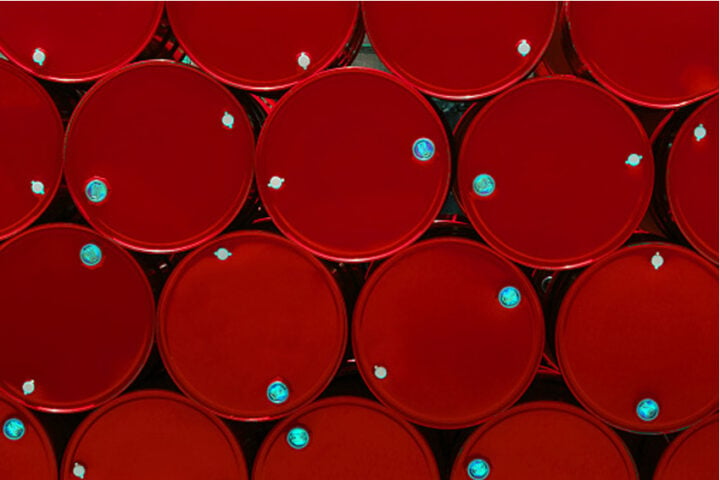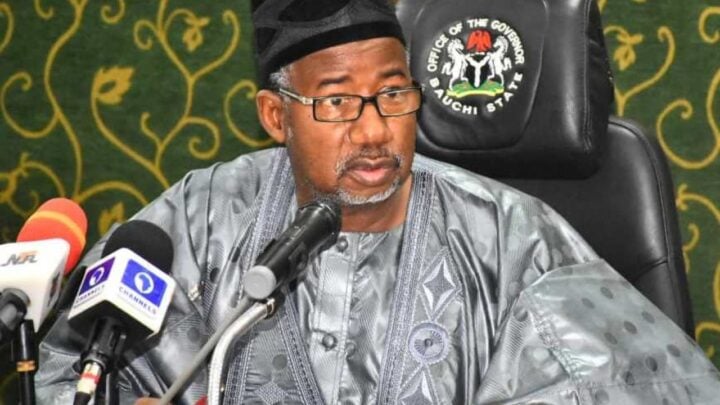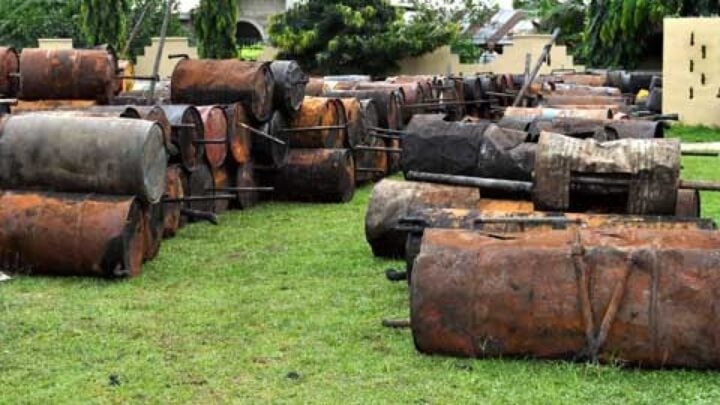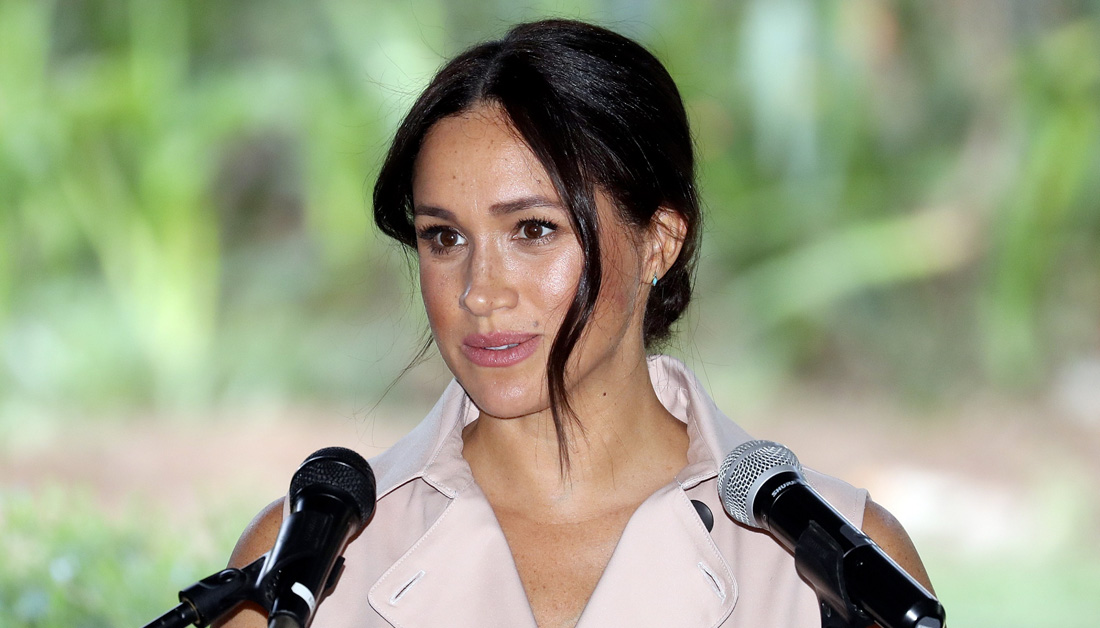Oil prices dropped to $104 a barrel amid oversupply fears triggered by dwindled industrial activities in China, the world’s top oil importer.
On Monday, Brent crude futures fell 2.72 per cent to $104.2 a barrel at 10:38 GMT + 1, while West Texas Intermediate (WTI) crude futures fell 3.04 per cent to $101.5 a barrel.
The price collapse surfaced after China released data showing that factory activity in the East Asian country declined for a second month to its lowest since February 2020 amid COVID-19 lockdowns in Shanghai.
The official manufacturing purchasing managers’ index (PMI) fell to 47.4 in April from 49.5 in March in a second straight month of contraction, China’s National Bureau of Statistics (NBS) said in a report on Saturday.
Advertisement
“A slowing to that extent, when China is already suffering from a property bust, and worries about its (until recently) increased regulation, is potentially a major issue for commodity markets and the world economy,” Tobin Gorey, a Commonwealth Bank commodities analyst, told Reuters in a note.
Meanwhile, limiting the downside for oil prices is the European Union’s consideration of a ban on Russian oil imports by the end of the year, two EU diplomats told Reuters – after talks between the European Commission and EU member states over the weekend.
Stephen Innes, managing partner, SPI Asset Management, said the absence of an immediate EU total oil embargo, eliminating mobility restrictions in China is necessary to drive oil out of its current range, according to a report by Reuters.
Advertisement
In Nigeria, the financial burden of petrol subsidies has skyrocketed amid geopolitical developments.
In the first quarter of 2022, petrol subsidy payments gulped N675.93 billion — 24.79 per cent higher than what the country recorded in six months in the previous year.
The president had asked the national assembly to approve N4 trillion to cater for costly petrol subsidy in 2022 — as a result of high global oil prices due to the Russia-Ukraine war.
Advertisement
Add a comment






